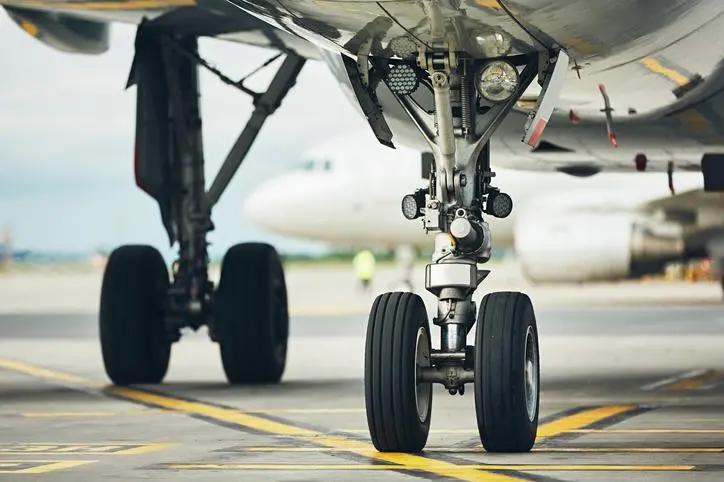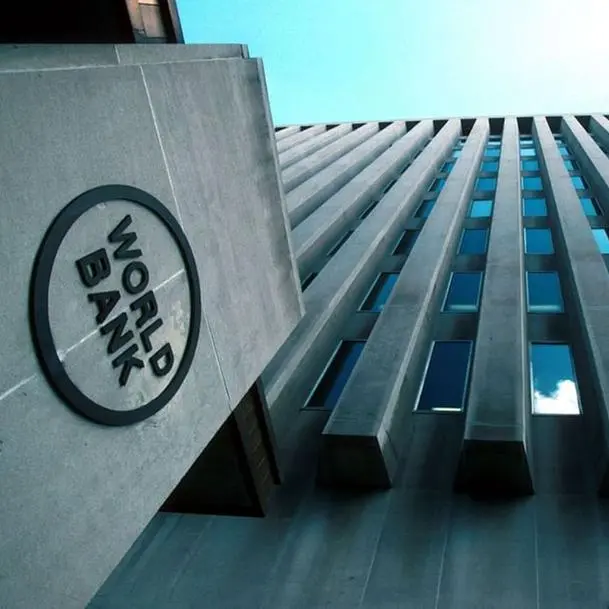PHOTO
Nigeria requires over N1.5 trillion ($5 billion) to fix the airport infrastructure gap across the country.
The Director General of the Nigerian Civil Aviation Authority (NCAA), Captain Musa Nuhu dropped this hint through the organizations’s Director of Aerodrome and Airspace Standards (DAAS), Mr Tayib Odunowo, at a seminar organized by the League of Airports and Aviation Correspondents (LAAC) in Lagos, recently.
Nuhu who attributed the whopping sum to the statistics provided by the African Development Bank (AfDB) in 2019, equally identified inadequate finances and paucity of infrastructure to be among the major challenges confronting night airport operations in Nigeria.
While emphasizing that any airport that desires to expand its operations beyond dusk required large financial and compliance with other important conditions, the NCAA DG listed some of the conditions to include: an adequate number of competent personnel, adequate power supply and availability of ancillary service providers, among others.
Nuhu, in his paper, also cited issues involving fire cover, primary and secondary power sources, provision of communication, navigation and surveillance aids, automatic weather stations and now-casting equipment to be among the challenges confronting projects execution among others.
Mentioning security risks and traffic levels as among the challenges associated with 24 hours airport operations in the country, the NCAA DG said: “All manners of security risks including kidnapping, robbery and others are evolving rapidly in many parts of the country. The evolving security challenges make night operations dangerous because many airports, by reason of construction and operational requirements are located mostly on the outskirts of town.
“The risks are enormous and seriously impacting on airports’ operations, airport workers and airline passengers/crew even in the daytime. Due to the downturn in the country’s economy, available data shows that the levels of passenger and traffic activities are not financially viable or self-sustaining to operate a majority of the airports beyond sunset.”
Besides, he lamented direct, indirect and induced impacts as some of the economic implications of restricted airports in the country just as explained that the economic impacts on the airlines were related to the cost of changes in schedules, both in terms of routes and departure times and changes in cargo and mail logistics, adding that the impact on the airport system was associated with adjustments that must be made to other airport schedules in order to accommodate the changes in routes.
His words: “Management of national disaster could be seriously hampered if it happens in a zone where the available airport operates only at sunrise-sunset.
Enhancement of national security through border patrol is hampered where airports, particularly at the border areas operate from sunrise – sunset only.”
On the risks that may be associated with night operations, the DG declared: “High risk of accidents during night operations at airports due to inadequate power supply from primary supply and secondary supply. High risk of accidents due to inadequate airport fire cover and other associated challenges with firefighting efforts at night.
“Night operations solely depend on functional and appropriately calibrated landing aids, serviceable automatic weather stations and others, lack of which can lead to catastrophic consequences during night operations.
“Difficulties that are associated with search and rescue efforts are avoided, particularly, as the country still has its limitations in search and rescue technology, equipment and tools. And for airline capacity, there is a reduction in improper fleet management, flight scheduling, flight planning and ‘cutting corners.
Copyright © 2022 Nigerian Tribune Provided by SyndiGate Media Inc. (Syndigate.info).





















